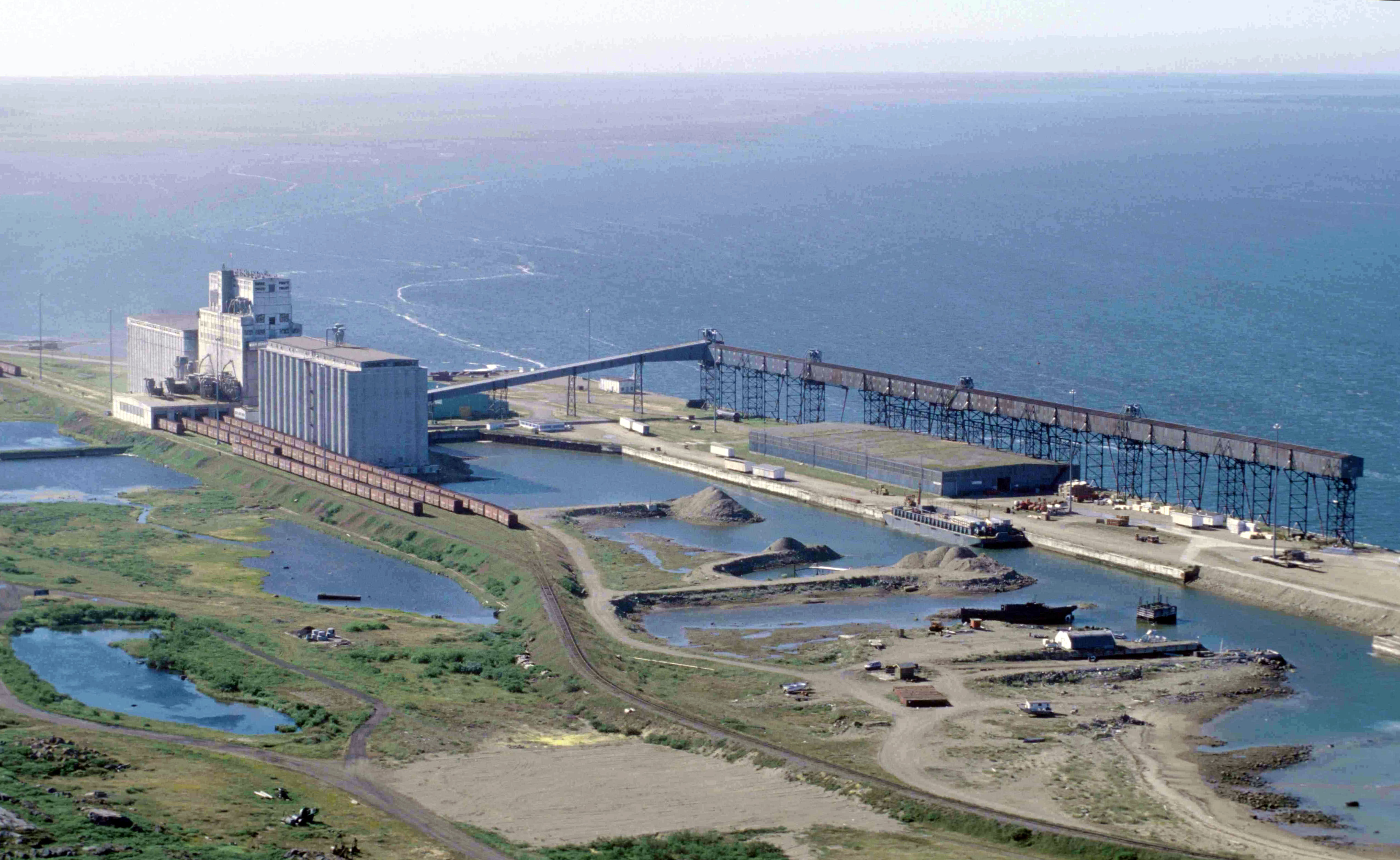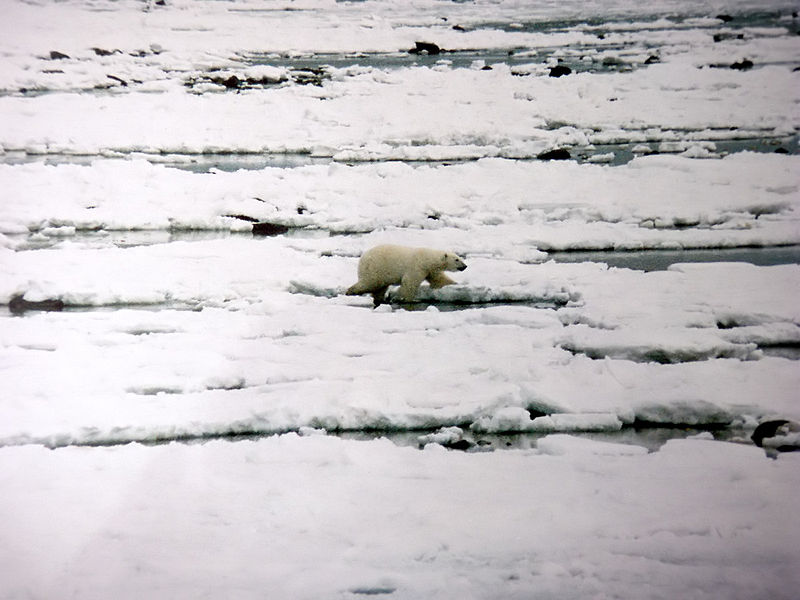Omnitrax oil shipping plan “dead in the water”?
Omintrax Canada’s plan to move a test shipment of Alberta crude oil through northern Manitoba to the Port of Churchill next month has been put on hold by Manitoba Transportation Minister Steve Ashton. It’s a harsh blow to the company’s hopes to move nearly 3.3 million barrels of crude through the port as early as next year.
Shipping oil over the Hudson Bay is a new avenue for growth harboring hopes to expand Churchill’s role as an Arctic gateway.
However, apparently Mr. Ashton is seeing beyond the potential economic benefits to the area and port itself and erring quite wisely on the side of caution on this issue. The Hudson Bay is an extremely sensitive ecosystem that also has current economic and life sustaining benefits to all the communities that reside on its’ fragile coastline. One tragic accident could destroy the Hudson Bay and all the creatures that rely on the body of water for life itself for decades to come. A comprehensive study and subsequent operating plan must be in place before one drop of oil is shipped via this new proposal. Currently some oil is shipped north on barges to sustain Nunuvut communities but in no comparison to the amounts being projected in this international endeavor.
Proponents of the plan stress that oil is already shipped all over the continent by rail, truck and pipeline, and far more dangerous goods have moved regularly on the line for decades. However, shipping over land is far less dangerous and risky than transporting over water…especially so for water that is regularly in the 42 degree F temperature range. Couple that with weather that is unpredictable and harsh much of the year and a clean-up mission in these conditions would be nearly impossible.
Mr. Ashton advised Omnitrax to “go back to the drawing board on this,” holding some hope for the company to be able to explore options in the future. In this case the risk of any oil being transported over the bay seems insurmountable.
The Wilderness Committee interpreted Mr. Ashton’s comments as a rejection of Omnitrax’s plans and issued a statement Friday congratulating the Selinger government for offering “exactly the response we were hoping for.” As far as they are concerned, the plan is dead.
The disaster at Lac-M©gantic, where 47 people were killed after a train carrying oil crashed and exploded was cited by the Minister as a reason to be concerned about Omnitrax’s plans.

Lac-Megantic burning on the first day after the rail car derailment sent fireballs and streams of burning oil coursing through the Quebec village. (Photo: Surete du Quebec)
Omnitrax is convinced its’ northern rail lines don’t need upgrades to carry oil and the idea of shipping the liquid across the tundra is safe. This opinion flies directly in the face of the numerous grain car derailments that have occurred over the past two decades on those exact lines…at least the birds and some other animals can eat grain when it spills. Although federal approval for the rail shipping plan is required since railways are federally regulated, provincial opposition could be a barrier for such approval.




